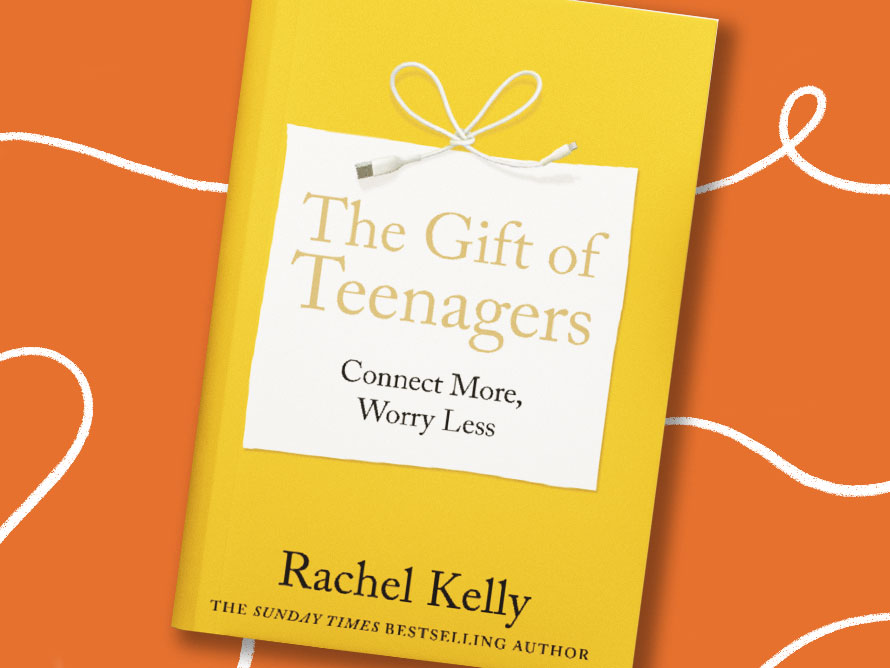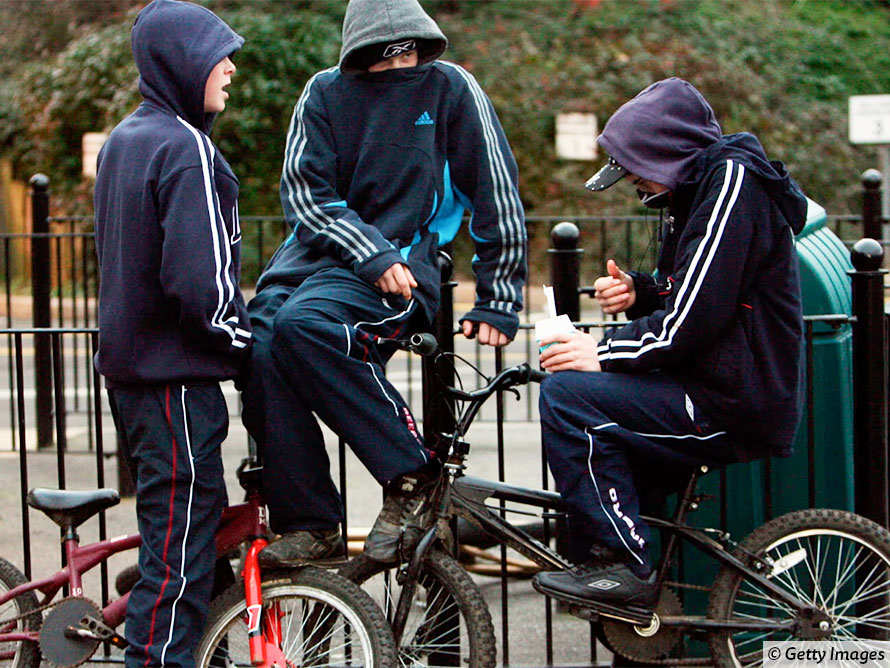Should parents stop worrying so much? Author and mother of five Rachel Kelly thinks adolescents have valuable lessons to teach the rest of society.
The teenagers are not OK. According to research, one in five young people in the UK experiences a mental health problem in any given year.1 And the situation is getting worse, with rises in adolescent eating disorders,2 self-harm3 and suicide attempts.4
Teenagers are also exposed to damaging online content that spreads toxic views. That was the message of the hit Netflix series Adolescence, which British Prime Minister Keir Starmer called “harrowingVery upsetting. A harrow is a piece of machinery used by farmers to break up the soil. ”.5
But a new book argues that parents might be part of the problem. If mothers and fathers can learn to control their own emotions, they will raise more settled and resilient teenagers. Calm parents mean calmer teenagers.
The book’s author Rachel Kelly is a bestselling writer, speaker and mental health advocate. Her new book, titled The Gift of Teenagers, shares the lessons she has learnt from raising five teenagers.
Kelly offers parents 20 tips “to make your teen hate you less”. These include chewing gum or using breathing exercises to stay calm, setting a good example by limiting personal phone use, and letting an adolescent son or daughter sleep in late.6
If parents can learn to “work with our teenagers, rather than against them,” they will worry less about things like bullying in classrooms or social media addiction.7
Most researchers agree that adolescence has never been harder, but they disagree about the cause. Some think social media is responsible, creating addictive behaviour and unhealthy expectations. Others blame the pandemic, which increased isolation among young people.8
According to the American psychologist Jonathan Haidt, parents have become over-protective. Childhood is no longer “play-based” but “phone-based,” meaning young people grow up defensive and insecure.9
Other researchers point to economic factors, such as household poverty and the rising cost of living. Given global instability and the threat of climate change, no wonder young people feel anxious.
However, Rachel Kelly’s book still has an important lesson. Rather than thinking of adolescence as a difficult time that parents and teenagers must both endure, instead she argues that it is an adventure they can experience together.
Should parents stop worrying so much?
Spirited teen
Yes: Anxious parents create anxious children. Let teenagers become more independent and they will develop higher levels of resilience and responsibility.
No: Teenagers are in crisis and parents are not to blame. Instead, social media, the pandemic, the economy and the environment are much more responsible for the problem.
Or… Whatever the cause of the mental health crisis among adolescents, Rachel Kelly’s book contains an important message: parents must learn to value and appreciate their teenage children.
Keywords
Harrowing – Very upsetting. A harrow is a piece of machinery used by farmers to break up the soil.
- Reported by NHS.
- Reported by Children’s Commissioner.
- Reported by BBC.
- Reported by RCPCH.
- Quoted by BBC.
- From Rachel Kelly.
- Quoted in Grazia.
- Reported by The Health Foundation.
- Reported in The Guardian.
Cite
While every effort has been made to follow citation style rules, there may be some discrepancies. Please refer to the appropriate style manual or other sources if you have any questions.













